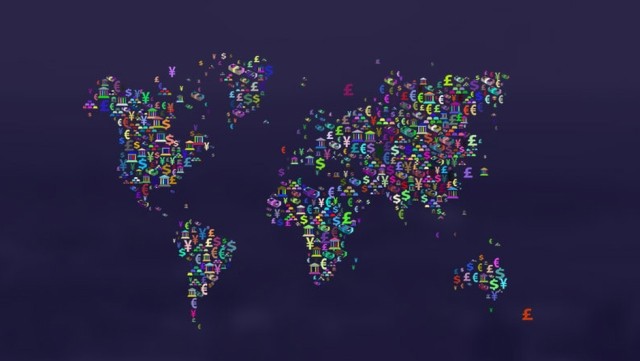Living in the new reality: Opportunities for World Trade

How would you characterise President Trump’s policies on global trade since taking office?
It’s clear there has been a big change in US trading policies – towards China in particular. This is being driven by a shift in economic fundamentals, notably the re-emergence of countries like China, the Asian dragons; Hong Kong, Singapore, South Korea and Taiwan, and India. Emerging markets share of exports used to be around 25% but is now in excess of 50%. China became the largest trading nation five years ago and is predicted to have a higher GDP than the US by 2030. The US emerged as the only real superpower in the post-cold war era but its place in the world is changing. The response we are seeing now is a reaction to these fundamental shifts, but ultimately increased protectionism and tariffs are bad for prosperity in all countries.
What impact is protectionism having on world trade?
We are in a new reality right now and the world is having to find ways to adapt to it. This will be through companies adapting their supply chains, leveraging new technologies as they transform their business. One way to enable global growth, is for governments to legislate for cross-border, digital, business to business trading. The end to end framework does not yet exist for disruptors to enter the market in facilitating international trade as they have in other areas of financial services: bills of lading, invoicing, PO numbers, shipping documentation are all still primarily paper based. Goods and associated documentation travelling across the world pass through many counterparties and there isn’t a single set of standards that apply to communications between them.
What’s getting in the way of electronic cross-border trade?
One unintended barrier is the introduction of consumer data protection regulation such as the GDPR, which is being applied to business to business transactions. A distinction needs to be made between a person’s email address being used for consumer marketing and for an international trade document. A second barrier is the lack of understanding about what is required. Politicians are not trade experts, so the people with this expertise need to communicate what’s required to execute and enable faster trade, which will in turn drive global growth.
Are protectionism and lack of relevant technology holding back regulatory action?
Protectionism is a separate issue from regulation: nations need to find new ways to negotiate in order to create the opportunity for global growth and trade. Having a single electronic trading platform would have a positive impact all round as it would be easier for SMEs to access trade finance and maximise export opportunities between markets. It’s not about the technology either – this already exists, but it can’t be implemented properly because the regulation isn’t in place to make sure it operates effectively. Once the legislation is there the technology will move along very quickly, not just for trading and settlement but for credit checking and decision making too.
Which other opportunities do you foresee in global trade over the next 5 – 10 years?
Standard Chartered was first established in the 1850s to support trade routes to China, India, Australia, Africa and the Middle East, so we’ve kept an eye on these trends for a while. Today we strongly believe that the Emerging 7 (E7) countries – Bangladesh, Indonesia, Nigeria, Pakistan, Vietnam, China and India – should not be seen as the threat they currently are, but as a huge opportunity for global trade. The G7 is currently underperforming in this regard: our research shows G7 countries could increase annual exports by USD162 billion, with the UK, US and France making the greatest gains if they can fulfil their export potential.

